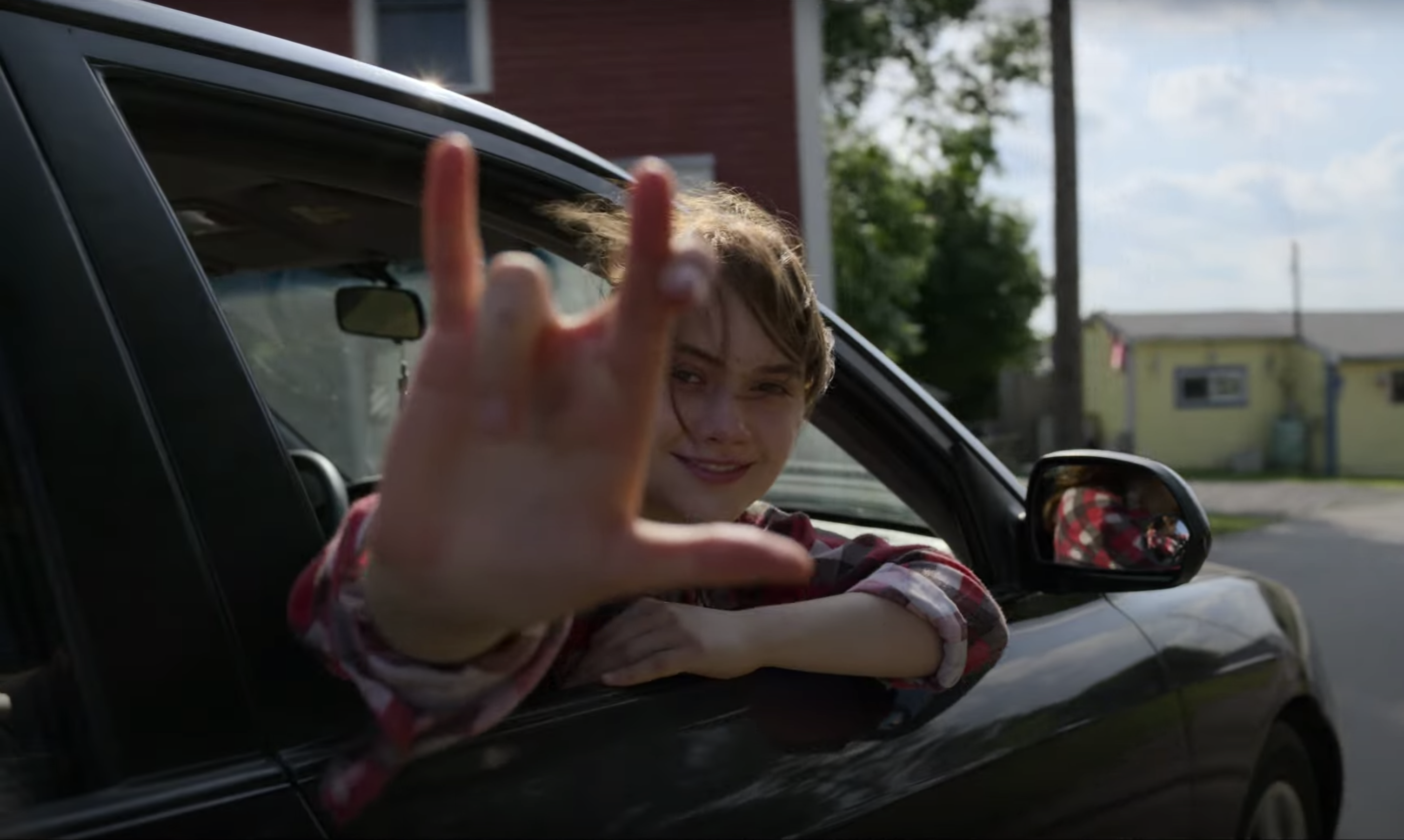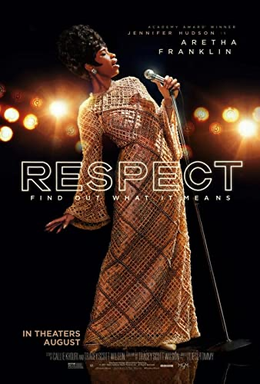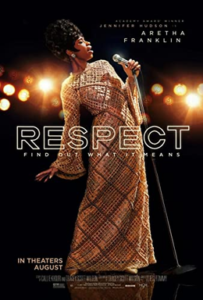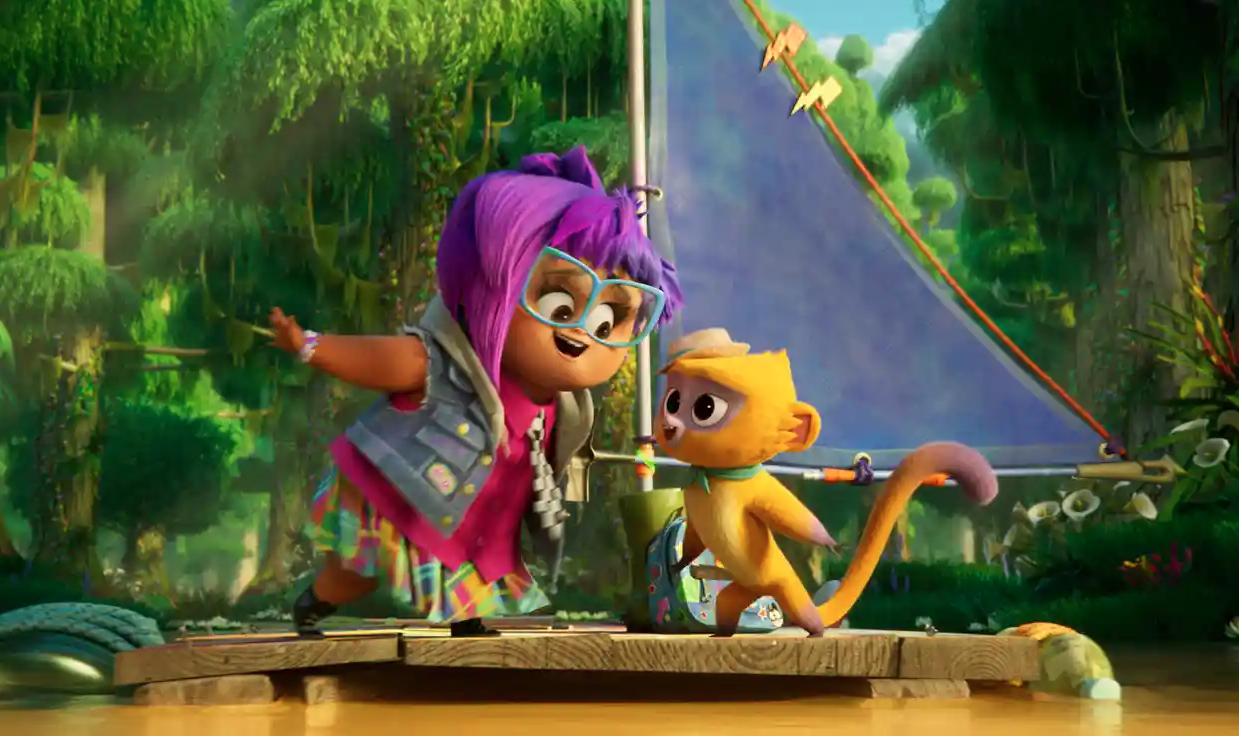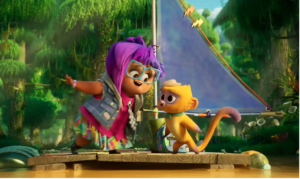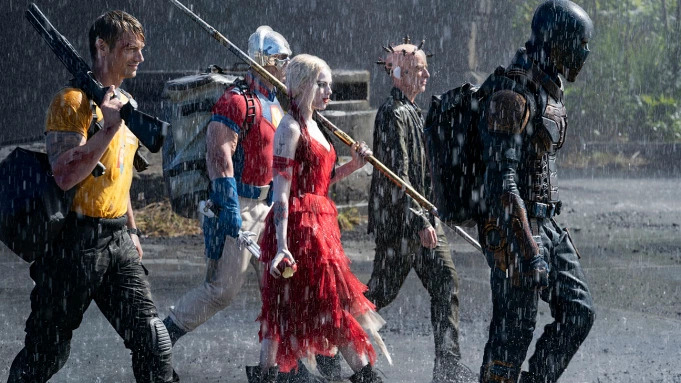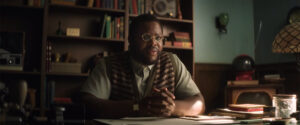CODA
Posted on August 12, 2021 at 5:38 pm
B +| Lowest Recommended Age: | High School |
| MPAA Rating: | Rated PG-13 for drug use, strong sexual content, and language |
| Profanity: | Strong and crude language |
| Alcohol/ Drugs: | Drinking and marijuana |
| Violence/ Scariness: | Bar fight, tense confrontations |
| Diversity Issues: | A theme of the movie |
| Date Released to Theaters: | August 13, 2021 |
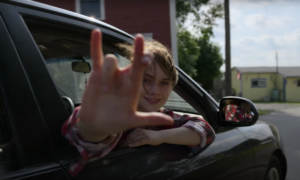
The heightening details are in the film’s title. CODA stands for (hearing) Children of Deaf Parents. If Deaf parents have a hearing child, there are immediate difficulties. First is making sure the child is around enough spoken language to learn to communicate in the hearing world. Second, as we see throughout this movie, is that in many ways even young children of Deaf parents have to act in an adult, even a parental role as they interpret for them. In an early amusing scene, Ruby Rossi (Emilia Jones) has to communicate the symptoms and treatment of her father’s jock itch in a doctor visit. The doctor tells her to explain to her parents that they cannot have sex for two weeks and she cannot resist telling them instead that they can never have sex again — before confessing that it’s just two weeks, which her father insists is impossible.
Ruby is a senior in high school and she also works in the family business, catching fish starting at 3:00 am. By the time she gets to school, she is exhausted.
Ruby wants to sing. She shyly signs up for the school chorus, but runs out when it is her turn to sing “Happy Birthday” so the teacher, Bernardo Villalobos (a terrific Eugenio Derbez) can hear her range. Later, she tries again and he can see she is untrained but gifted. He assigns her a duet (with the boy she likes, “Sing Street’s” Ferdia Walsh-Peelo as Miles). And he offers to help prepare her for an audition to see if she can get into the Berklee College of Music. This comes just as the pressure on Ruby increases because her father is told he cannot take his boat out without a hearing person on board for safety reasons.
Writer/director Sian Heder (“Orange is the New Black”) has created a universal story in a very specific world with endearing characters and a vivid, lived-in world. Hearing people usually assume that the world of the Deaf is quiet, but it is the opposite; because they cannot hear, they do not try to muffle or avoid loud noises. This leads to more than one scene of complications, from frustrating to funny to both. The world of the fishing community also adds a lot of depth and color. Deaf actors Troy Kotsur as Ruby’s father, Oscar-winner Marlee Matlin as her mother, and Daniel Durant as her brother Leo are all excellent, with the one-on-one scenes with Ruby and her parents two of the film’s highlights. Jones is marvelous in a star-making role, lighting up the screen, making her ASL an integral part of her performance, and with a voice we know Berklee would be lucky to have on campus. The conclusion may not come as a surprise (especially as it is featured in the trailer for some unimaginable reason), but by that point we are rooting for newcomers Heder and Jones as much as we are for the endearing character they created.
Parents should know that this movie has strong and crude language, explicit and crude references to sex and body parts and explicit sexual situations, a bar fight, alcohol with scenes in a bar, and marijuana. There are tense family confrontations.
Family discussion: Did Ruby make the right decision? Why did her parents change their minds?
If you like this, try: “Children of a Lesser God” with Matlin’s Oscar-winning performance and “The Sound of Metal,” about a musician who loses his hearing, as well as “Blinded by the Light,” about a young would-be writer who loves Bruce Springsteen

